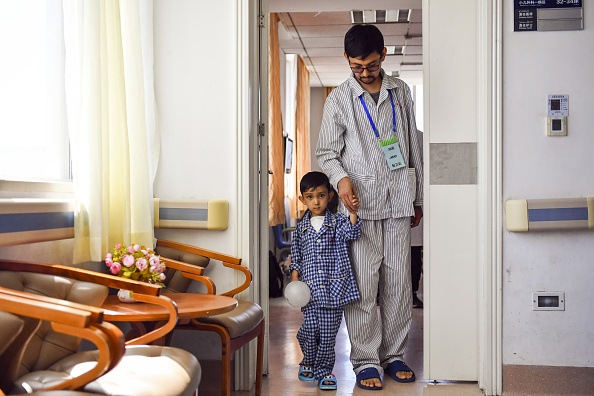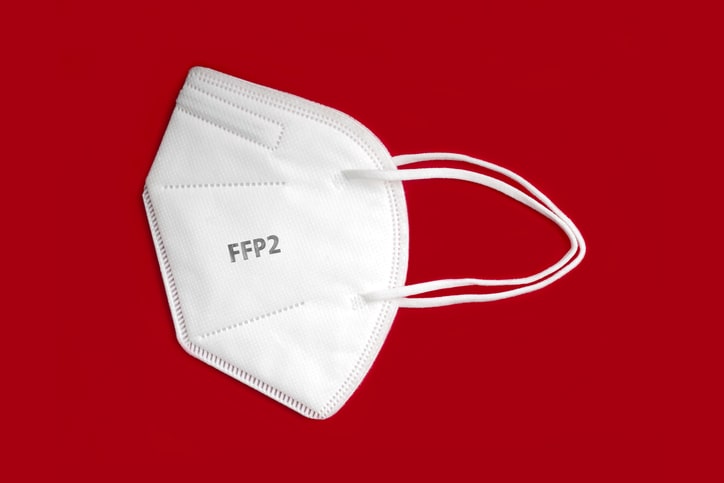
For young people living with chronic
kidney disease (CKD) and their families, the consequences of the disease are
devasting, long-term, and wide-ranging. Compared with age-matched peers, the
mortality rate among children with CKD is 30 times higher and quality of life
is marked by debilitating symptoms, comorbid conditions, burdens of treatment,
side effects, and complications. Impaired cognitive and psychosocial
development and growth are associated with poor outcomes that last through
adulthood, including lower educational level and vocational and social difficulties.
Caregivers and family members of a child with CKD experience psychological
distress and financial burdens.
Previous studies have identified
outcomes that are important to adults with CKD, but there are few data
available regarding outcomes that are important to young people with CKD and
their caregivers. Camilla S. Hanson, PhD, and colleagues recently
conducted a study designed to identify outcomes that are important to young
people across all stages of CKD as well as to caregivers to help inform patient-centered
decision making in CKD care. Results of the study were reported in the American
Journal of Kidney Diseases [2019;74(1):82-94].
Patients were recruited from three
centers in Australia (Sydney, Brisbane, and Melbourne), two centers in Canada
(Vancouver and Calgary), and one center in the United States (Houston, Texas).
Inclusion criteria were patients 8 to 21 years of age with CKD stages 1-5 and
non–dialysis-dependent, receiving dialysis, or transplant recipient with
functioning transplant; caregivers of patients 0 to 21 years of age with CKD
were also eligible to participate.
The researchers conducted
face-to-face focus groups using the nominal group technique, including
brainstorming to develop a list of outcomes important for research in young people
with CKD. Individual participants then prioritized the outcomes and discussed
their preferences as a group. Separate groups for patients and caregivers were
conducted.
The study included 62 caregivers (in
eight groups) and 34 patients (in eight groups). At least one parent of 29
patients participated in the study. Caregivers consisted of 10 pairs of
participants who were related or spouses. Patient age ranged from 8 to 21
years, 56% (n=19) were male, 50% (n=17) had non–dialysis-dependent CKD, 15% (n=5)
were on dialysis therapy (one hemodialysis and four peritoneal dialysis), and
35% (n=12) had received a transplant. Caregivers were 25 to 60 years of age
(with children 1-22 years of age), and 76% were mothers. Forty percent (n=25)
of the caregivers had children who had non–dialysis-dependent CKD, 23% (n=14)
had children on dialysis therapy, and 35% (n=22) had children with a transplant.
One parent did not report the child’s CKD stage.
The patients ranked 34 outcomes and
the caregivers ranked 33 outcomes; in combination, there were 48 unique
outcomes included in the study. The patients ranked the following five outcomes
highest: (1) survival, importance score 0.25; (2) physical activity/sport,
importance score 0.24; (3) fatigue, importance score 0.20; (4) lifestyle
restrictions, importance score 0.20; and (5) growth, importance score (0.20).
The five highest outcomes for caregivers were: (1) kidney function, importance
score 0.53; (2) survival, importance score 0.28; (3) infection, importance
score 0.22; (4) anemia, importance score 0.20; and (5) growth, importance score
0.17. In both patients and caregivers, survival, growth, kidney function, and
infection were in the top ten outcomes.
For patients, physical
activity/sports participant was important across all treatment types. Patients
on dialysis therapy ranked lifestyle restriction higher compared with patients
with CKD stages 1 to 5 and transplant recipients. Patients in all age groups
included survival, fatigue, and lifestyle restrictions among the top ten
outcomes.
Growth, kidney function, and survival
were important for caregivers across all treatment types. Growth was ranked as
more important among caregivers of younger patients; school was more important
to caregivers of young adults. There were differences in importance scores by
country; however, growth, fatigue, and survival were in the top ten for all
patients, and kidney function and growth were in the top ten for all
caregivers.
The researchers identified themes
that reflected patient and caregiver immediate and current priorities: wanting
to feel normal, strengthening resilience for daily challenges, imminent threats
to life, devastating family burden, and seeking control over current health.
Themes that reflected future and long-term focus were: parental responsibility
to protect health and development, remaining hopeful, concern for limited
opportunities, prognostic uncertainty, dreading painful and invasive
interventions, and managing expectations.
Limitations to the study cited by the
authors included recruiting only English-speaking participants, participation
from only one child on in-center hemodialysis therapy, and limited data on
comorbid conditions of the participants.
In conclusion, the researchers said,
“Kidney function, infection, survival, and growth are shared priorities for
young people and their caregivers across all stages of CKD. Young people focus
on current impacts of CKD, including physical activity, fatigue, lifestyle
restrictions, hospitalization, social functioning, and medication burdens,
because these impair their ability to feel normal. Caregivers were focused on
gaining control over their child’s current health, believed the family and the
financial impact to be important considerations, and placed emphasis on their
child’s long-term health, development, and survival. Research that reports
outcomes that are important to young people with CKD and their caregivers can
better inform shared decision making, The outcomes identified in this study
will inform the development of a core outcome set through the SONG-Kids
initiative.”
Takeaway Points
- Using
the nominal group technique, researchers conducted a study to identify outcomes
associated with chronic kidney disease (CKD) important to young people with CKD
and their caregivers. - Patients
and caregivers from six centers in Australia, Canada, and the United States
participated; kidney function, infection, survival, and growth were the highest
priorities for patients and caregivers. - Young
people with CKD ranked outcomes that directly affected their lifestyle and
sense of normality highly; caregivers highest priorities were the long-term
health of their child, current health problems, and the financial and family
burdens of caring for a child with CKD.







 © 2025 Mashup Media, LLC, a Formedics Property. All Rights Reserved.
© 2025 Mashup Media, LLC, a Formedics Property. All Rights Reserved.